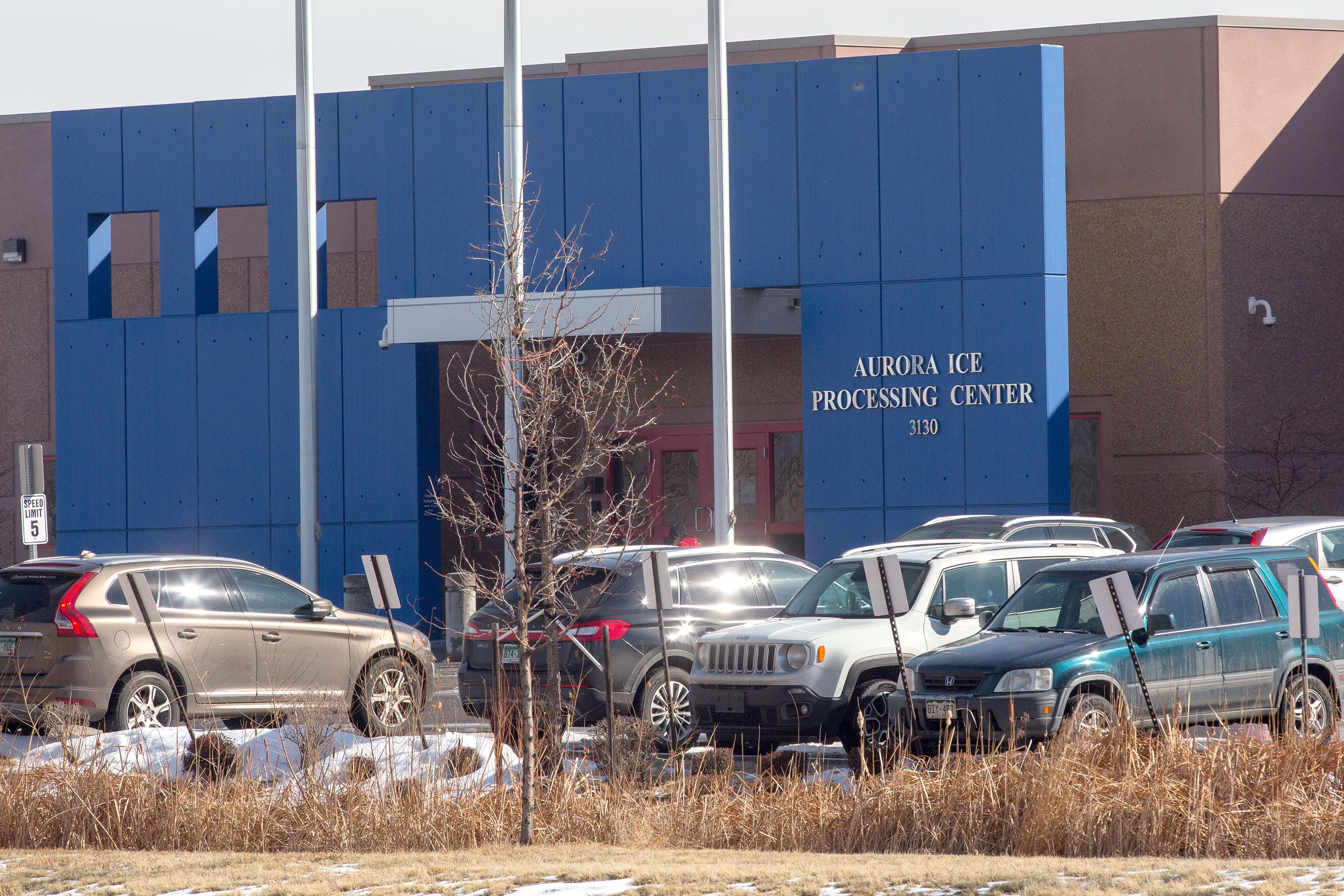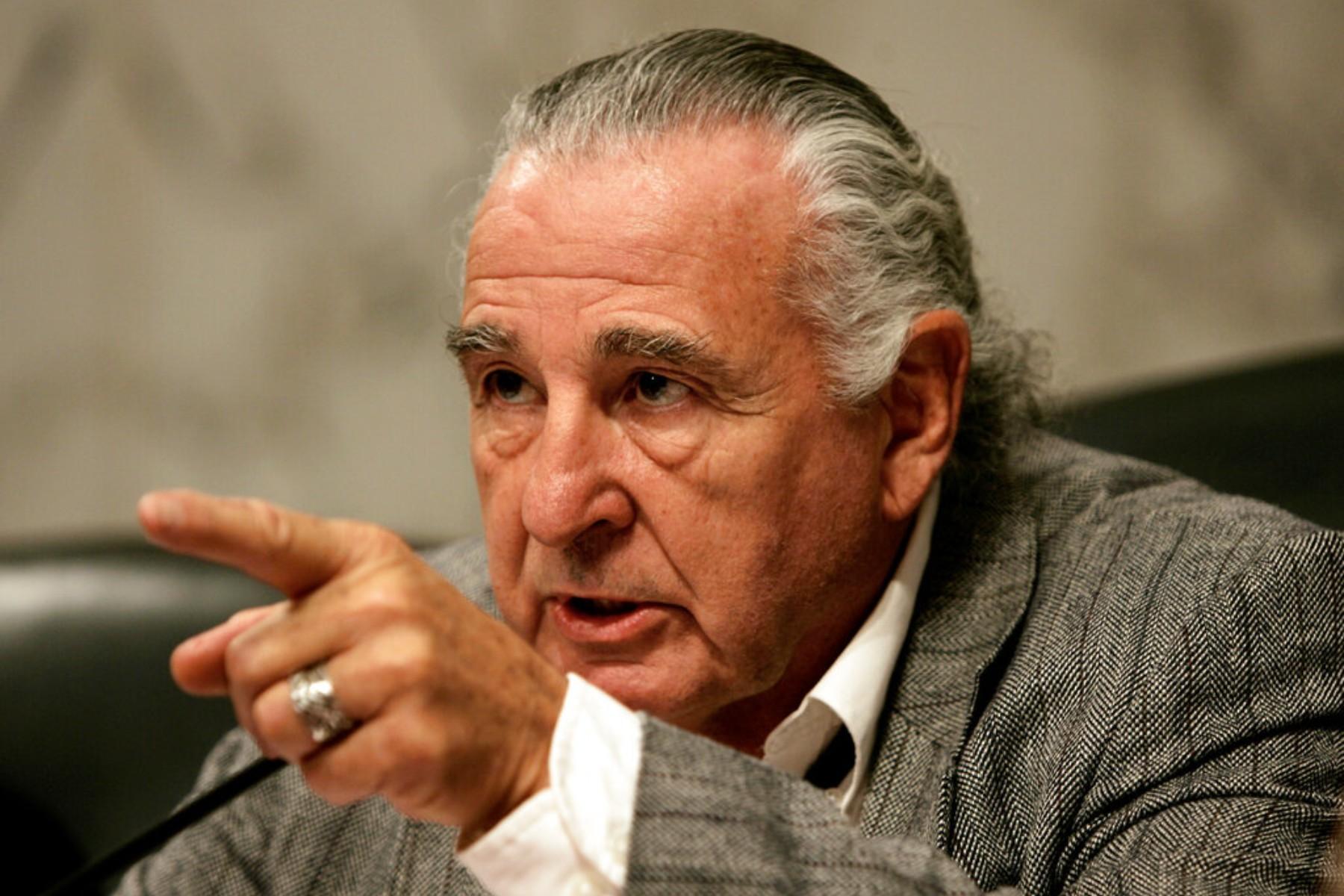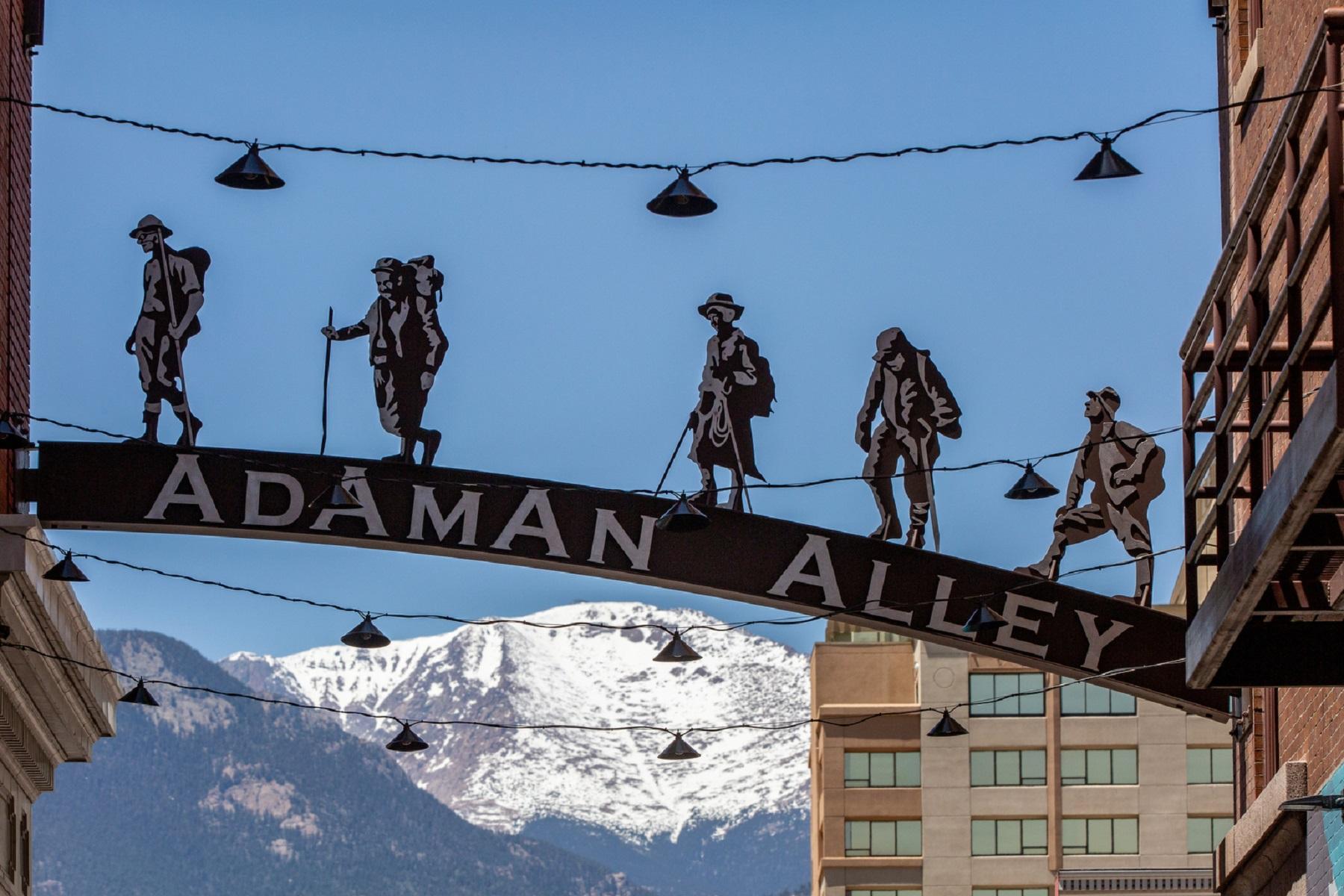
The family of Melvin Ariel Calero Mendoza – an asylum seeker who died in ICE custody in 2022 — has filed a wrongful death lawsuit against the company that operates the detention center in Aurora and its only physician. The lawsuit alleges that medical negligence and systemic issues at the center led to the in-custody death of the otherwise healthy 39-year-old father.
The lawsuit, filed in Adams County District Court, names GEO Group and Dr. Cary Walker as defendants. CPR News reached out to GEO Group for comment, but has not heard back.
Reports released in 2023 found that Calero Mendoza died from a pulmonary embolism — a blockage in the lung — at the detention center’s open dorm area on Oct. 13, 2022. The embolism was “likely connected” to a toe injury he got while playing soccer, an autopsy revealed, which went untreated for months.
“Melvin died because the medical staff here failed to diagnose and detect a dangerous blood clot in his right leg,” said Aaron Slade, an attorney with Novo Legal Group representing the family at a press conference Tuesday outside the center.
“A key issue in this case is the failure of GEO medical staff to refer Melvin to a higher level provider, including a doctor or even a registered nurse. The only care that Melvin received in those weeks leading up to his death was from a low level, entry-level medical provider who was not qualified for diagnosis, treatment, or medical decision making,” he said.
Border patrol agents arrested Calero Mendoza, a Nicaraguan immigrant, in 2022 after he crossed the U.S.-Mexico border illegally in an effort to reach his wife, who had successfully applied for and received asylum in 2020. While in detention, he sought medical attention at least three times for pain related to a foot injury he suffered while playing soccer, according to the autopsies and a death review by ICE.
Each time, nursing staff gave him over-the-counter acetaminophen and ibuprofen, but Slade alleges a higher-level provider would have properly diagnosed him.
“Blood thinners are a readily available medication that would've absolutely prevented the blood clot from traveling to his lungs, causing his death. It's an easy intervention. Blood clots are also easily diagnosable via an ultrasound, which is also a readily available imaging technique,” he said.

Medical experts from the University of Southern California told CPR News in 2023 that an autopsy by the coroner for Adams and Broomfield counties indicates Calero Mendoza’s death was potentially preventable. They noted his case fits a pattern of deaths at ICE facilities involving patients dismissed as having seemingly minor injuries that spiral after going untreated.
“Can you imagine watching one of the people that you've been playing games with, talking to about your life, about your hopes, pass away right in front of you?” said Laura Lunn with the Rocky Mountain Immigrant Advocacy Network. Lunn said RMIA got multiple calls from other detainees the day Calero Mendoza died. “There was a deep sense of terror that people experienced because they thought, ‘This could happen to me.’”
A recording of the 911 call that followed Calero Mendoza’s collapse in the dorms was first obtained by NPR and shared with CPR News. It depicts a chaotic response in which the calling guard cannot seem to get the address to the facility right for the dispatcher.
Contract facilities like the one Calero Mendoza died at are required to provide prompt emergency medical care to inmates, per the agency’s detention standards, but advocates say that has not been the case.
“We know that people within the facility are not able to make 911 calls. So effectively they're trying to create this bubble that allows them to escape any type of accountability for their actions and for the harms that they inflict on our community members,” Lunn said.
CPR News reached out to ICE about the lawsuit on Tuesday. While the agency does not comment on pending litigation, a spokesperson said “pursuant to our commitment to the welfare of those in the agency’s custody… At no time during detention is a detained noncitizen denied emergent care.”
In August, Rep. Jason Crow wrote a letter with other members of the state delegation to the U.S. Department of Homeland Security Office of the Inspector General and the U.S. Immigration and Customs Enforcement Office of Professional Responsibility demanding more information on findings and recommendations from unannounced inspections of the center in Aurora.
The report from the DHS OIG found that “Some detainees experienced delays in receiving specialty medical care from outside providers.” The effort from Crow follows repeated pushes for better transparency and oversight in response to Calero Mendoza’s death.
“We've had 70 deaths [in ICE custody] since 2017,” said Elizabeth Jordan, the director of the Immigration Clinic at the University of Denver Sturm College of Law. “The issue is that nothing changes. Representative Crow is making good faith efforts to look at what's happening in this facility because he recognizes that it is harming his constituents. But there's no accountability.”
Crow and other lawmakers have continued to highlight the need for increased oversight due to serious deficiencies found at the Aurora facility, particularly about access to timely and quality medical care as they call for the termination of federal contracts with for-profit detention centers, but Jordan says it’s not enough.
“While we know that immigration is a federal issue and it's ultimately up to the federal government to cancel the contract with this for-profit detention center, we cannot ignore that the medical providers that [Novo Legal Group] allege have committed this negligence are licensed in the state of Colorado,” she said.
Jordan and the attorneys representing the family are calling on the state to ensure people licensed in the state of Colorado are not committing medical negligence.
ICE has severed contracts for several of its worst-performing detention facilities. But others — even those in violation of federal medical standards — remain open across the country.
“Because this is a privately run detention facility … the Constitution does not provide the same protections for an unusual punishment protected by the Eighth Amendment as a state or federal prison would. And so people that are detained here that experience harm are left with a very limited set of options to pursue any sort of remedy or accountability,” Slade said.
He added the purpose of the family’s lawsuit is to get accountability and justice for Calero Mendoza’s surviving children, who are seventeen and 9, as well as for his partner, Dorling Peralta.
“If this lawsuit results in other systemic changes, we welcome them,” he said.









